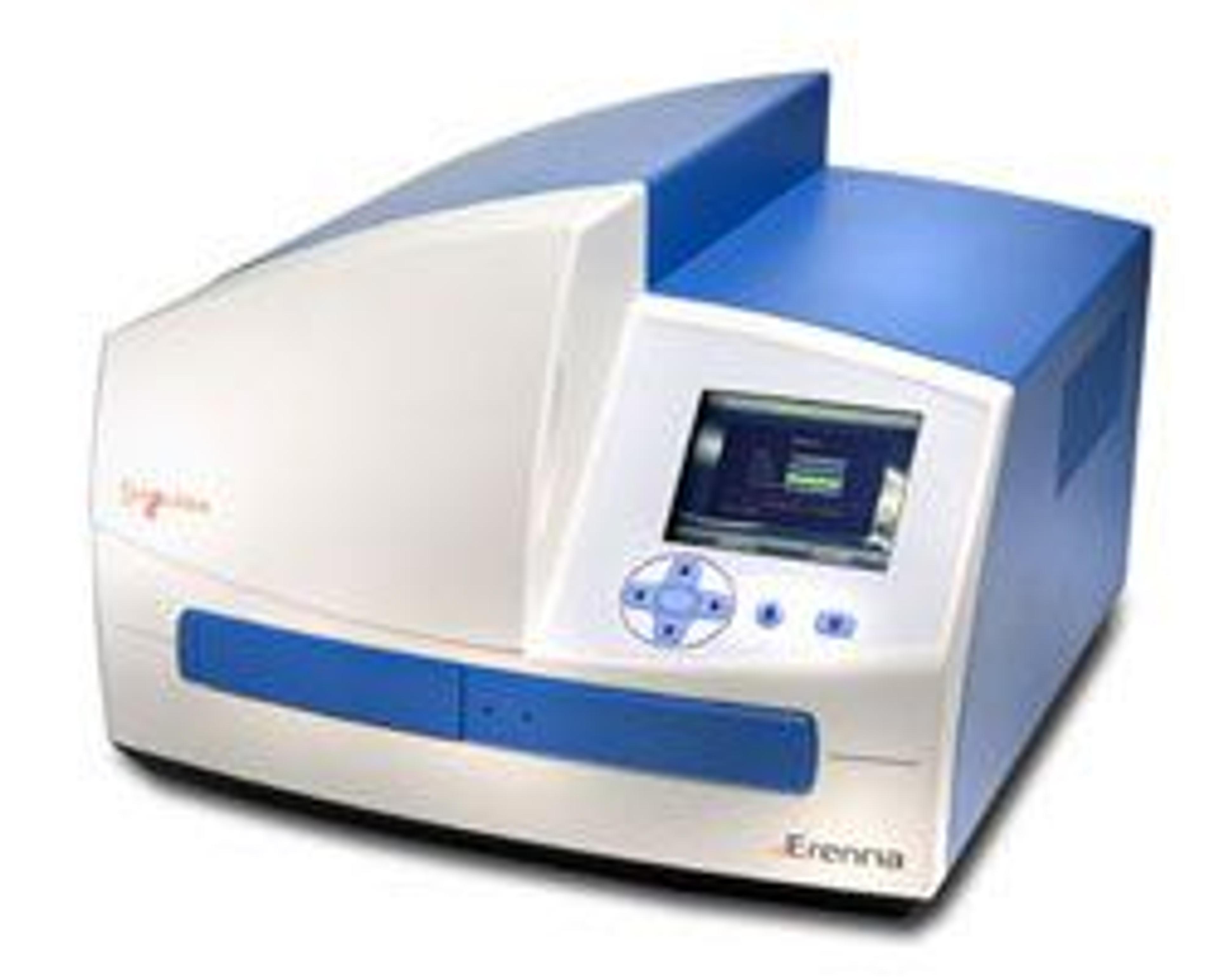New Data from TIMI Study Group to Be Presented at American College of Cardiology Scientific Session Show Prognostic Value of High-Precision Cardiac Troponin Monitoring
16 Apr 2013Singulex, Inc., announced that new data from the Thrombolysis in Myocardial Infarction (TIMI) Study Group to be presented at the upcoming 2013 American College of Cardiology (ACC) Annual Scientific Session & Expo have shown that monitoring precise blood levels of the biomarker cardiac troponin I (cTnI) is helpful in identifying post-acute coronary syndrome patients who are at increased risk for future death from cardiovascular disease (CVD) or heart failure (HF). Among 2,664 patients from the previously completed Pravastatin or Atorvastatin Evaluation and Infection Therapy (PROVE IT) - TIMI 22 trial who had been stable through 4 months without recurrent events, serial measurements of cTnI levels at 30 days and 4 months predicted likelihood of CVD/HF death at two-year follow-up.
“The study shows that serial monitoring cTnI levels over time using a high-precision assay provided additional prognostic information, enabling us to assess future risk in post-acute patients,” explained study investigator David A. Morrow, M.D., Director, TIMI Biomarker Program and Director, Levine Cardiac Intensive Care Unit, Brigham and Women's Hospital and Associate Professor, Harvard Medical School. “Patients with elevated cTnI or whose cTnI increased in the course of 90 days were at greater risk for cardiovascular death and heart failure.” Previous data from the PROVE IT-TIMI 22 trial have shown that these patients with elevated cTnI appear to have the most to gain from intensive vs. moderate-dose statin therapy.
Until now, the use of cTnI has been limited to the diagnosis of myocardial infarction (MI) and the management of patients with severe chest pain in the emergency room. Traditional tests can only measure cTnI above 30-50 pg/mL, the elevated levels associated with MI. Yet multiple studies have shown that the presence in the blood of cTnI at significantly lower levels is associated with increased risk of future CVD mortality: a cTnI level above 10 pg/mL is associated with an 8.5-fold increase in CVD mortality over 8 to 15 years.1 The Singulex high-precision cardiac troponin I digital Research Use Only assay, which enabled the measurement of cTnI at levels below 10 pg/mL, was used for the study that will be presented at ACC.
“This is an important study for Singulex,” stated Philippe Goix, President and CEO of Singulex, Inc. “We have collaborated with Dr. Morrow and his group at Brigham and Women's Hospital for several years. Along with the work that was presented at American Heart Association (AHA) Scientific Sessions 2012, the data presented in this study demonstrate the clinical utility, actionability and monitoring power of our Singulex high-definition tests for CV chronic disease management.”
In the study to be presented at ACC, patients whose cTnI levels were newly elevated (>9 pg/mL) at four months were at greatest risk, experiencing more than three times the rate of CVD/HF death within two years compared with those whose cTnI levels remained low (6.0% compared with 1.6%). The investigators concluded that serial measurements of cTnI enhanced prediction of future risk.
The study, “Prognostic Performance of Serial High Sensitivity Cardiac Troponin Determination in Stable Ischemic Heart Disease: Analysis From PROVE IT-TIMI 22,” will be presented at the ACC Annual Scientific Session & Expo in San Francisco on Saturday, March 9, at 9:00 a.m.
These data corroborate an earlier study, also part of PROVE IT-TIMI 22, presented at the AHA Scientific Sessions 2012, which showed that elevated cTnI is associated with increased risk of CVD/HF death in two years. Additionally, the earlier study suggested that patients with high cTnI levels gain the most therapeutic benefit from intensive statin therapy versus moderate dose therapy.2
1 Apple FS et al. Increased cardiac troponin I as measured by a high-sensitivity assay is associated with high odds of cardiovascular death: The Minnesota Heart Survey. Clin Chem. 2012;58:930-935.
2 O’Malley R et al. Determination of high-sensitivity troponin in stable ischemic heart disease: Analysis from PROVE IT-TIMI 22. Presented at the American Heart Association Scientific Sessions 2012, Los Angeles, CA.

